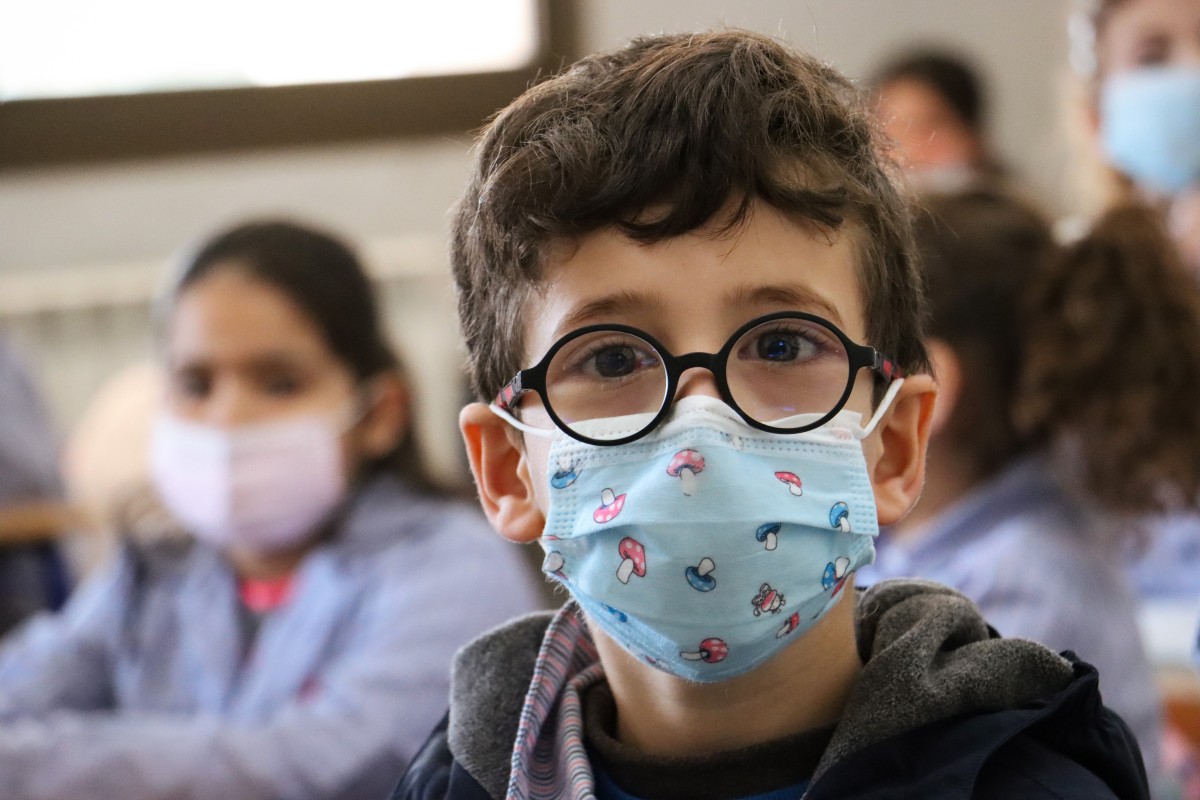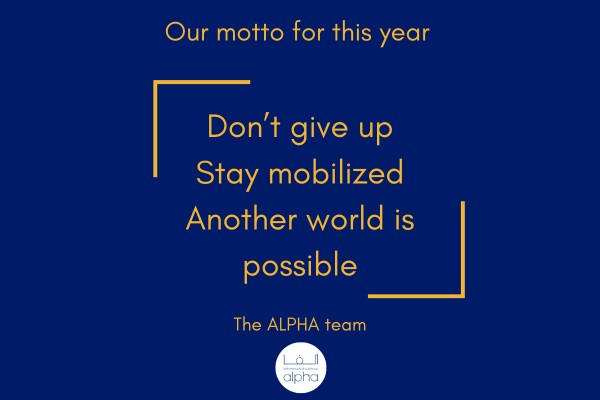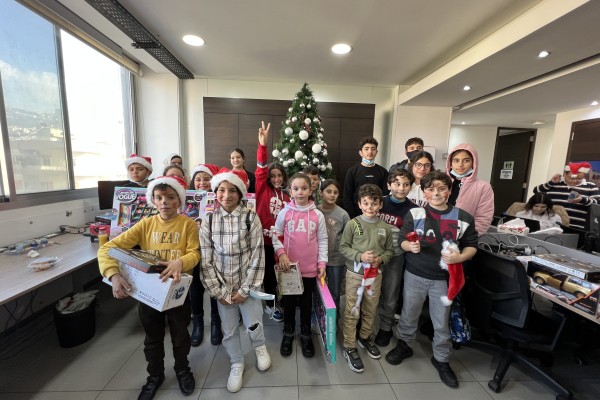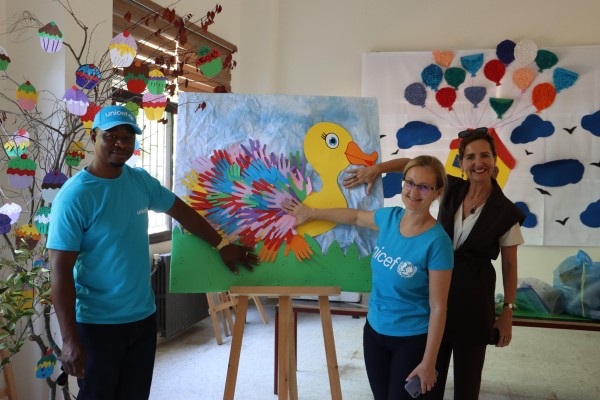Education

Education
Enriching children and youth's cognitive skills is yet the greatest tool for economic growth, peace and social integration. In Lebanon and in Iraq, our educational programs comply with the principle that all children are entitled to education without distinction of gender, ethnicity, religion or origins; refugee students, children forced to work, children with disabilities, out of school children and youth, girls at risks to engage in early marriages. Over the last ten years, ALPHA has been partnering with UNICEF and Kinder Note Hilfe (KNH) to secure education for socially vulnerable children. The Tibnin's Project, Damma's educational center, and the Homework Support Center, in Baghdad partly financed by CCFD-Terre Solidaire.
Facts and figures
- 0 illiteracy policy improved the working and living conditions of 500 forced working children.
- Implementing Basic Literacy and Numeracy programs, allowed 5,600 dropouts of school children to catch up with school.
- Opening kindergartens eased access to schooling for 16,250 children.
- Empowering children’s learnings skills, benefited 15,667 children who became independent learners.
- Coding and robotics programs targeted 900 children, who developed amazing cognitive skills.
- Acting for integration, allowed 500 children with disabilities to better learn surrounded by their classmates' love and support.
- Tackling learning difficulties, allowed 3000 children to become better learners; they had the opportunity to focus on their efforts instead of their performances.
- Supporting public schools, by reforming a deteriorated public service in support of better education. 3000 children and teachers are benefiting from this program in Tibnin, Kabrikha and surrounding villages - South of Lebanon.
- Advocating for child and human rights increased substantially in both host and refugee communities.
- Addressing issues of teasing, bullying and exclusion among children is not a hidden subject or a taboo anymore; direct observation shows that this contributes to a significant increase of friendship between displaced, refugees and hosting communities’ children as direct observation shows.


